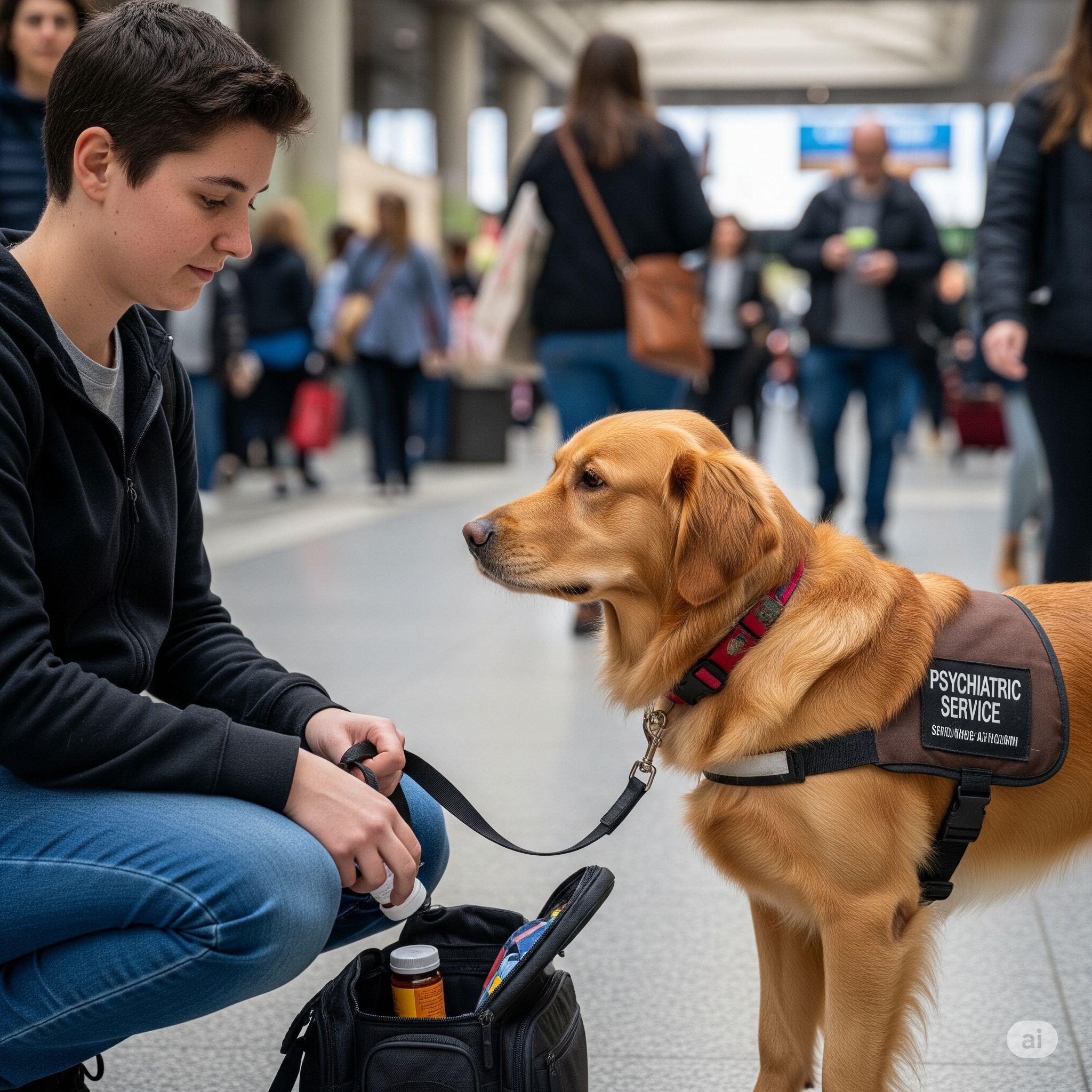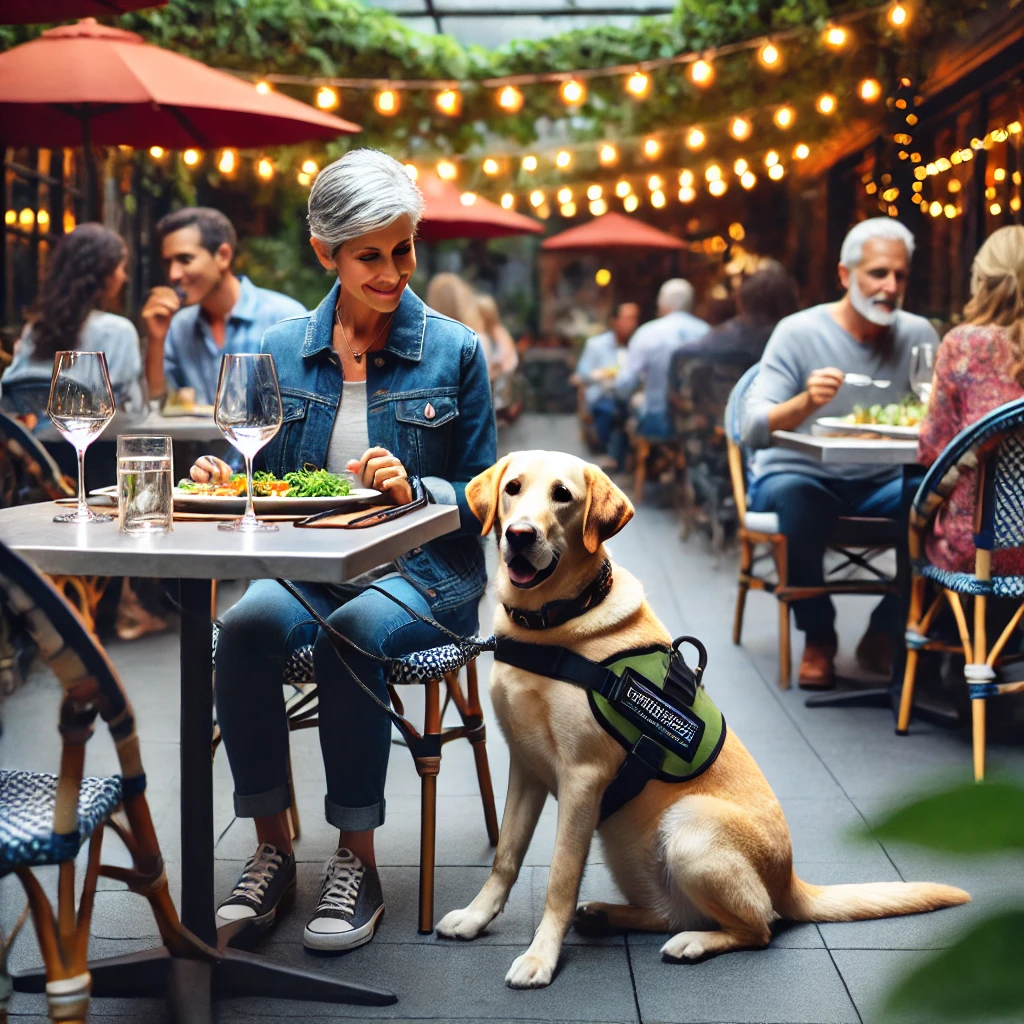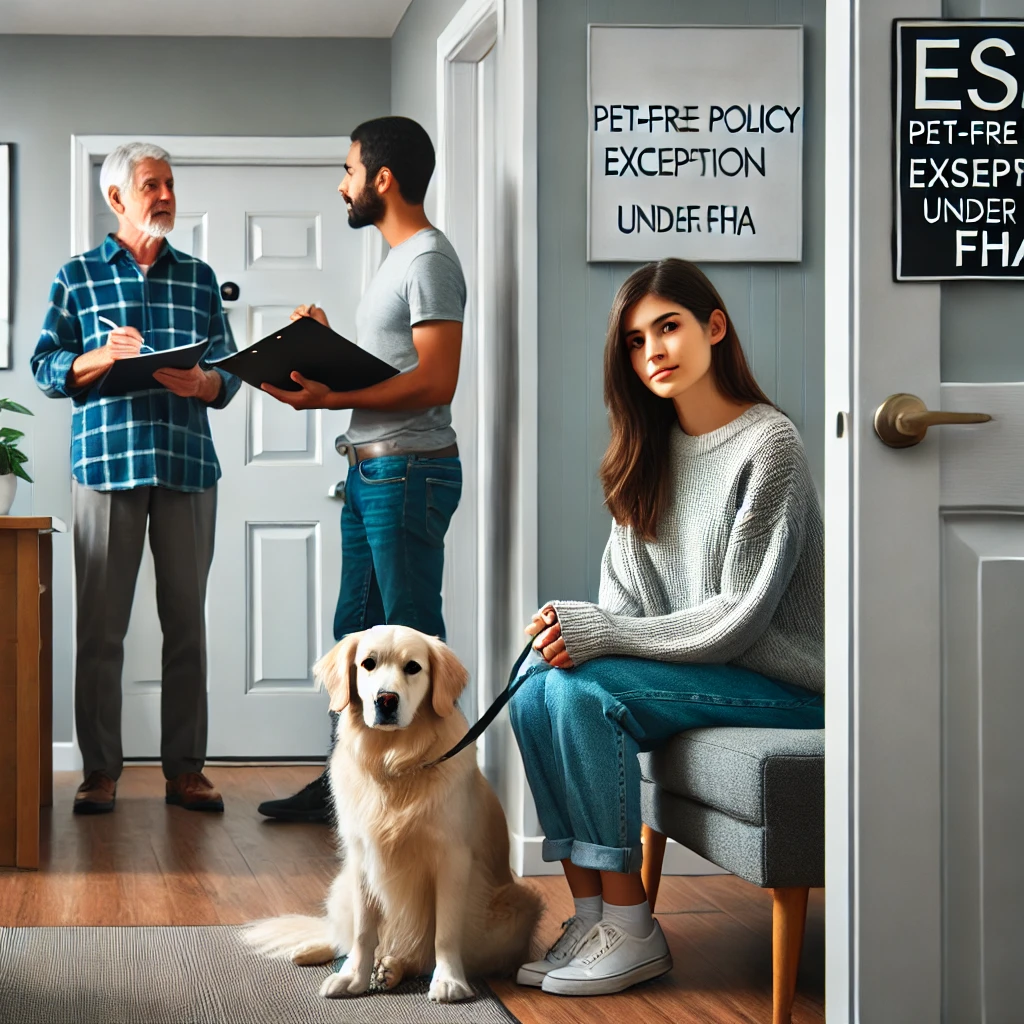As of Monday, June 2, 2025, the answer to whether you can train your own Psychiatric Service Dog (PSD) is a resounding yes. Unlike Emotional Support Animals (ESAs), which provide comfort through their presence, Psychiatric Service Dogs are specifically trained to perform tasks that directly mitigate the symptoms of a person’s mental health disability. The Americans with Disabilities Act (ADA) outlines the legal framework for service animals, including PSDs, and it explicitly allows individuals with disabilities to train their service animals themselves.
Understanding the Difference: ESA vs. PSD
Before delving into self-training, it’s crucial to understand the distinction between ESAs and PSDs:
- Emotional Support Animals (ESAs): Provide comfort and support through their presence. Their right to public access is limited (generally not allowed in most public places under the ADA, though they have some protections for housing under the Fair Housing Act). As of 2025, their privileges for air travel are also significantly reduced, treated largely as pets.
- Psychiatric Service Dogs (PSDs): Are service animals trained to perform specific tasks that directly assist individuals with mental health disabilities. These tasks can include reminding someone to take medication, interrupting self-harming behaviors, providing tactile stimulation during anxiety attacks, alerting to panic attacks, or performing safety checks. PSDs have broader public access rights under the ADA.
The Legal Basis: The Americans with Disabilities Act (ADA)
The ADA clearly states that individuals with disabilities have the right to train their service animals themselves. There is no requirement for a service animal to be trained by a professional organization to be legally recognized. The focus is on the animal’s ability to perform specific tasks that directly assist with the person’s disability.
Key Considerations for Self-Training a PSD in 2025:
While the ADA permits self-training, it’s not a simple undertaking and requires significant commitment, patience, and knowledge. Here are crucial factors to consider:
-
Documentation of Disability: To have a legally recognized PSD, you must have a diagnosed mental health disability that substantially limits one or more major life activities. While an official “certification” or “registration” for service dogs is not required by the ADA, you may be asked by businesses or other entities two specific questions:
- Is the dog a service animal required because of a disability?
- What work or task has the dog been trained to perform? Having documentation from a licensed mental health professional (similar to an ESA letter, but focusing on the need for specific tasks) can be helpful in understanding your disability and the types of tasks that would be beneficial. Services like CertifyESA can connect you with licensed professionals who may be able to provide such documentation outlining your disability and the need for task-oriented assistance.
-
Choosing the Right Dog: Not every dog has the temperament, trainability, or health to become a successful PSD. Consider factors like:
- Temperament: The dog should be calm, stable, and non-aggressive in various environments.
- Trainability: The dog should be intelligent, eager to please, and responsive to training.
- Health: The dog should be free from significant health issues that could interfere with its ability to work.
- Size and Energy Level: Consider your lifestyle and the types of tasks you need the dog to perform when choosing size and energy level.
-
Thorough Understanding of Task Training: You will need to educate yourself on effective dog training techniques, specifically task training relevant to your mental health needs. This might involve:
- Researching specific tasks: Understand how to train a dog to alert to anxiety, interrupt self-harm, retrieve medication, etc.
- Learning positive reinforcement methods: These are the most effective and ethical training techniques.
- Breaking down complex tasks: Teach tasks in small, manageable steps.
- Consistency and patience: Training takes time and repetition.
-
Socialization and Public Access Training: A PSD needs to be well-socialized to various people, places, sounds, and smells. Public access training is crucial to ensure your dog can behave appropriately in public settings without being disruptive. This includes:
- Exposure to different environments: Gradually introduce your dog to stores, restaurants, public transportation, etc.
- Leash manners: The dog must walk calmly on a leash without pulling.
- Potty training in public: The dog must be reliably potty trained and you must be prepared to clean up after it.
- Ignoring distractions: The dog should focus on you and your needs, even in busy environments.
-
Time Commitment: Self-training a PSD is a significant time commitment, often taking a year or more of consistent daily training.
-
Potential Need for Professional Guidance: While self-training is allowed, seeking guidance from experienced service dog trainers or behaviorists can be invaluable. They can help you assess your dog’s suitability, troubleshoot training challenges, and ensure you are on the right track.
-
Financial Considerations: Even with self-training, there are costs associated with vet care, food, training equipment, and potential professional guidance.
How CertifyESA Can Indirectly Help (Understanding Your Disability):
CertifyESA focuses on connecting individuals with licensed professionals for ESA letters and PSD letter, the process of obtaining documentation through their platform can help you better understand and articulate your mental health disability and the ways in which specific tasks performed by a dog could be beneficial. This understanding can then inform your PSD training goals.
In Conclusion:
Yes, in 2025, you absolutely have the legal right under the ADA to train your own Psychiatric Service Dog. However, it is a demanding process that requires a thorough understanding of dog training principles, a significant time commitment, and a dog with the right temperament and trainability. While services like CertifyESA can help you document your underlying mental health disability, the responsibility for the rigorous training required for a PSD lies with you. If you are dedicated and willing to put in the necessary effort, self-training your PSD can be a rewarding and empowering journey, resulting in a highly personalized and effective assistance animal. Remember to prioritize ethical training methods and focus on your dog’s well-being throughout the process.





